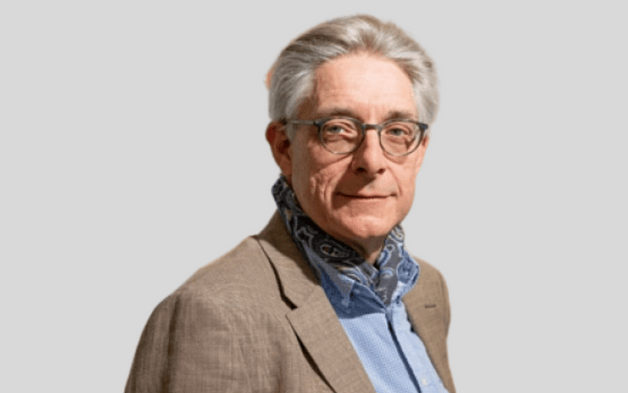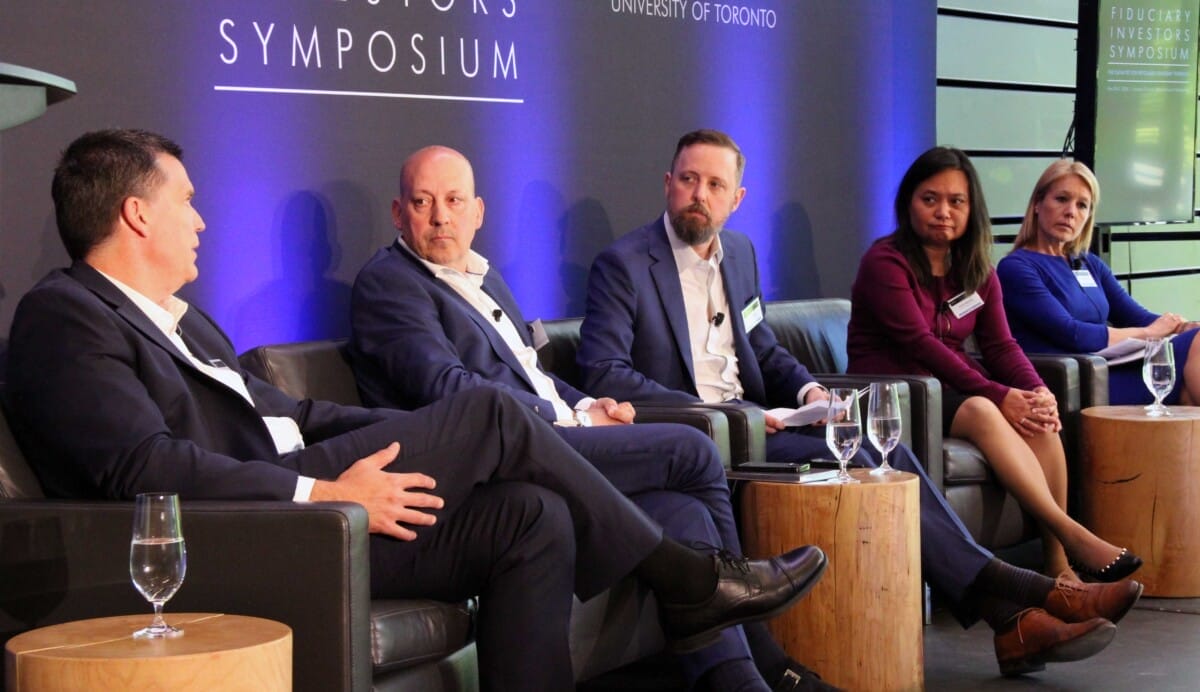Europe must prepare for recession and negative economic growth, warned Clemens Kool, Professor of Macroeconomics and International Monetary Economics at Maastricht University, speaking at FIS Maastricht.
The spike in energy prices has had the biggest impact on European inflation, said Professor Kool who is also chair of the academic board at Studio Europa Maastricht. Central banks have been pushing to exclude variable items like energy from the inflation basket, yet energy and food are the most important signals of inflation.
“Energy prices are volatile and an important component of the total basket,” he said.
Moreover, energy has an impact on the supply and demand side of the economy. Energy impacts the input prices for key goods and is an increasingly large part of demand in the consumption basket.
“Energy is influential as a driver of other prices,” he said, adding that inflation comes from too much demand chasing too little supply – at which point fiscal and monetary policy attempts to break demand.
Wage spiral
When demand and supply interact, it can cause a wage price spiral.
Prices are currently rising so fast in Europe it is triggering a wage price spiral. People in work are experiencing a cost-of-living crisis and demanding pay rises. Firms must go along with it because of the scarcity of labour, in a vicious circle that translates back into prices and a new round of wage increases.
Anchor
Central banks have a vital role anchoring inflation expectations. Policy promises to maintain inflation close to 2 per cent helps anchor inflation expectations. But if central banks fail to convince people they are serious about anchoring inflation, the spiral continues leaving central banks with more difficult choices, he said.
Kool said that Europe has not tipped into recession yet. Mostly thanks to robust private demand and the lingering impact of expansionary monetary and fiscal policy as economies continue to come out of the pandemic.
The more inflation expectations edge higher, the harder it gets for policy makers. It is key to ensure expectations of inflation stay as low as possible and is particularly “crucial” for financial and labour markets. Expectations play such a big role, once high inflation is embedded in peoples mind it is difficult to dislodge.
Positively, he predicted that prices will gradually shift lower as energy demand drops off. However, tightness in energy supply will continue for as long as it takes Europe to find alternative sources of energy either nuclear or green, sustainable energy.
Kool said the ECB is reluctant to change its inflation benchmark. However, he noted that the Federal Reserve has a more flexible approach – raising the target is more likely in the US than Europe. He said statistically, inflation looks like it will remain high because it mostly derives from the energy squeeze.
Expansionary policy
A key challenge is the fact monetary policy in Europe is still expansionary. High inflation in the 1980s was also characterised by high interest rates. In contrast, although interest rates are rising today, they are still close to zero. Liquidity remains in the market because QE is still pervasive. It leaves central banks with a challenging balancing act – raising interest rates and taking out liquidity. For the ECB this will involve difficult policy decisions that suit northern and southern Europe.
“The ECB has to think about tensions between northern and southern Europe; raise rates and the gap increases,” he warned.
Kool said it remains unclear whether liquidity in the system will be reduced – the ECB can still buy government bonds – sentiment in the bond market [that they will] remains optimistic. The most likely outcome ahead is stagflation. He questioned whether Europe is poised to enter a long period of low or no growth but said that recession is likely.
“How long or deep is difficult to say. My crystal ball is no clearer than yours.”


